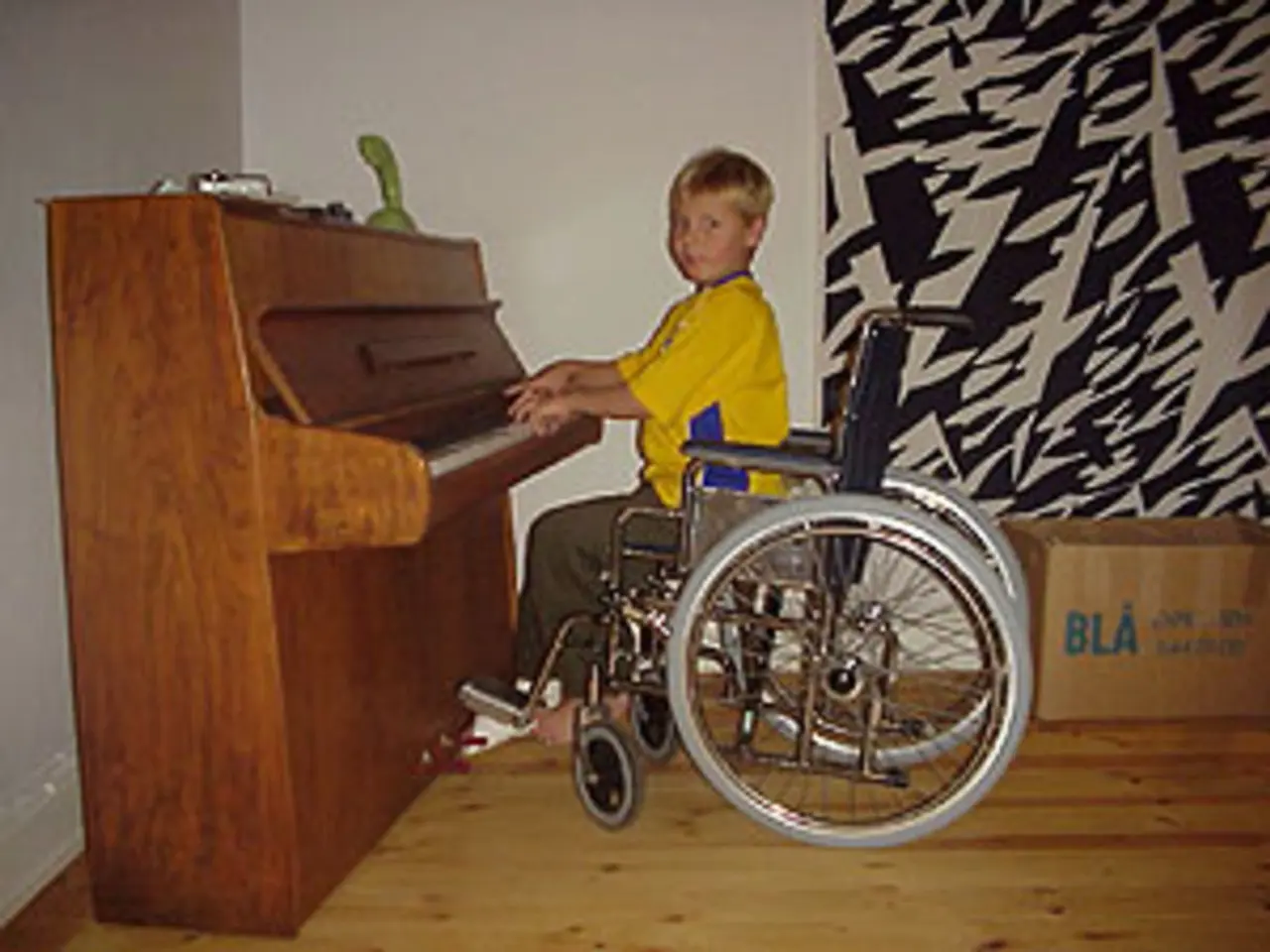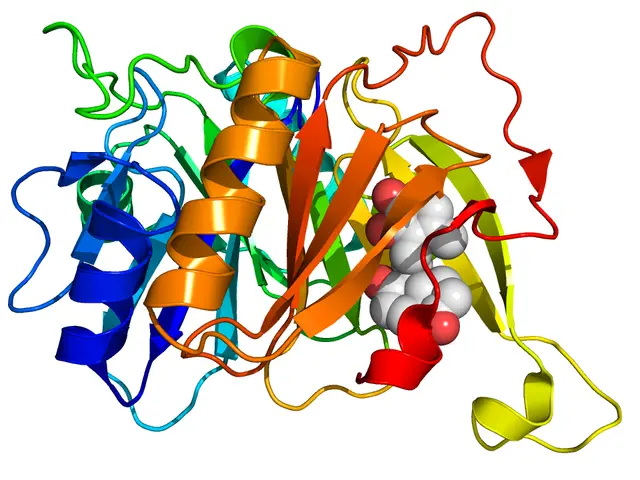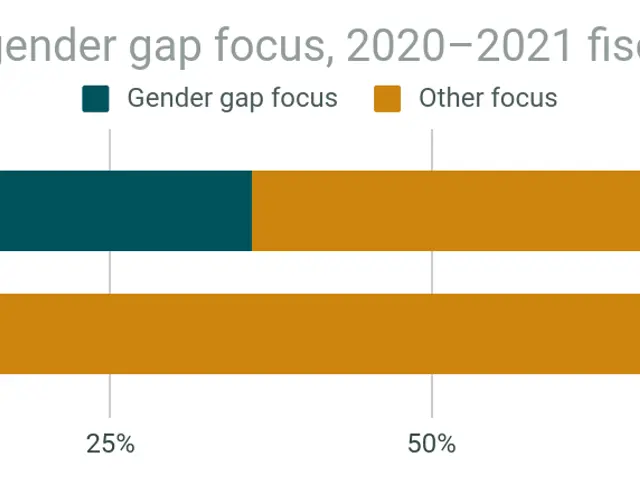Co-existing Health Problems Found in Children Suffering from Autism
### Addressing Co-occurring Conditions in Children with Autism
Children with autism often experience a range of co-occurring conditions, which can significantly impact their daily lives and development. These conditions can be categorized into neurodevelopmental, physical health, systemic, and mental health conditions.
#### Neurodevelopmental conditions
Attention Deficit Hyperactivity Disorder (ADHD), learning differences such as dyslexia, dyscalculia, and dysgraphia, developmental coordination difficulties (dyspraxia), Tourette’s syndrome or tic disorders, and sensory processing differences are common co-occurring conditions in children with autism.
#### Physical and systemic health conditions
Gastrointestinal issues, sleep disorders, joint hypermobility, migraines, autonomic nervous system differences, chronic pain syndromes like Ehlers-Danlos Syndrome (EDS) and Postural Orthostatic Tachycardia Syndrome (POTS) are some of the physical and systemic health conditions that frequently co-occur in autistic children.
#### Mental health conditions
Anxiety disorders, depression, and Obsessive-Compulsive Disorder (OCD) are common mental health challenges that children with autism may face. These conditions can exacerbate autism symptoms or require separate treatment.
To effectively support children with autism and co-occurring conditions, it is essential to approach intervention strategies with a comprehensive and individualized approach.
#### Comprehensive Assessment
Early and thorough evaluations by multidisciplinary teams are crucial to correctly identify co-occurring conditions and avoid diagnostic overshadowing, where symptoms are incorrectly attributed solely to autism.
#### Individualized Interventions
Treatments should be tailored to address each co-occurring condition separately, such as behavioral therapies for ADHD, counseling or medication for anxiety and depression, and specialized support for learning disabilities. Sleep hygiene interventions and possible medical treatment can improve sleep disorders, which in turn can help reduce behavioral symptoms.
#### Integrated Care Coordination
Coordinating among healthcare providers, educators, and families ensures that interventions for autism and co-occurring conditions are aligned and holistic.
#### Supportive Environment
Reducing environmental stressors and providing adequate sensory accommodations can mitigate anxiety and improve overall functioning.
#### Ongoing Monitoring
Co-occurring conditions can evolve or emerge over time, especially during adolescence and adulthood. Regular monitoring allows timely adaptation of interventions.
By addressing co-occurring conditions through early diagnosis, comprehensive assessment, and tailored support plans, children with autism can achieve better quality of life and developmental outcomes.
It is also important to educate and support families, as they play a critical role in managing their child's needs. Regular monitoring and adjustments to treatment plans are necessary to address the evolving needs of children with autism and co-occurring conditions.
- Nutrition, playing a crucial role in overall health, should be a key focus in supporting children with autism, addressing conditions like digestive health and potential skin conditions.
- The science of sleep is essential in managing co-occurring conditions in children with autism, with sleep hygiene interventions and possible medical treatments being vital for sleep disorders.
- In the realm of health and wellness, children with autism may experience various medical-conditions such as respiratory conditions, cardiovascular health issues, and neurological disorders, necessitating therapies and treatments.
- Fitness and exercise can positively influence the physical and mental wellbeing of children with autism, contributing to improved joint health, reduced anxiety, and enhanced eye-health.
- Autoimmune disorders and other skin-conditions may also present in children with autism, necessitating appropriate skin-care routines, and medical attention.
- Mental health is a significant aspect of children's development, and children with autism may face challenges like anxiety disorders, depression, and Obsessive-Compulsive Disorder (OCD), for which counseling, medication, and mental-health support may be required.
- Awareness and understanding of mens-health issues are crucial for boys with autism, as they may require specific support and care during puberty and beyond.
- Ongoing medical education, self-development, and personal-growth are essential for parents of children with autism, equipping them with the knowledge and skills needed to manage their child's needs effectively.
- Career development may become a priority for families of children with autism, as they navigate the transition to adulthood and seek employment opportunities.
- CBD, a compound found in cannabis, has shown potential benefits for managing symptoms of certain co-occurring conditions, such as anxiety and chronic pain in autistic children, and warrants further investigation.
- Education and self-development are vital for children with autism, who may experience learning differences like dyslexia, dyscalculia, and dysgraphia, requiring tailored educational strategies and accommodations.
- The journey of personal growth for children with autism and co-occurring conditions can be challenging but rewarding, with the right support, therapies, and treatment they can achieve success in various aspects of life.
- Regular health check-ups and screenings, including audiology and otolaryngology appointments for hearing issues, can provide valuable insights into the overall health of children with autism, ensuring they receive appropriate health-and-wellness care.






